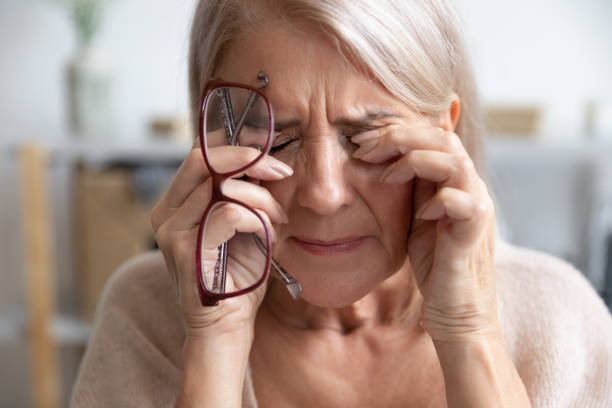Black Fungus (Mucormycosis) is a type of fungal infection that has been seen in increasing numbers in India in the aftermath of the COVID-19 pandemic. It is a serious condition that affects the sinuses, the brain, and other parts of the body. In this article, we will discuss the symptoms and treatment options for Black Fungus.
Symptoms of Black Fungus:
Nasal pain and congestion: The first symptoms of Black Fungus are usually pain and congestion in the nose. This can be accompanied by a discharge from the nostrils.
Sinusitis: Black Fungus can lead to sinusitis, a condition in which the sinuses become inflamed and congested. This can cause headaches, facial pain, and pressure.
Vision loss: In some cases, the fungal infection can spread to the eye and cause vision loss. This can occur quickly and requires immediate medical attention.
Skin lesions: Black Fungus can also cause skin lesions that are dark, painful, and have a crumbly texture. These lesions may be accompanied by a discharge that is black or dark brown.
Cough and chest pain: If the infection spreads to the lungs, it can cause a cough and chest pain. This can lead to difficulty breathing and may require hospitalization.
Abdominal pain: If the infection spreads to the abdomen, it can cause abdominal pain, nausea, and vomiting.
Neuropathy: Black Fungus can also cause neuropathy, which is a condition in which the nerves become damaged. This can cause numbness, tingling, and weakness in the affected area.
Treatment for Black Fungus:
Antifungal medications: Antifungal medications are the first line of treatment for Black Fungus. These medications are usually administered intravenously and can be effective in stopping the progression of the infection.
Surgery: In some cases, surgery may be necessary to remove the affected tissue. This may include removal of the affected sinuses, eye, or other affected areas.
Steroids: Steroids may be used to reduce inflammation and swelling in the affected area.
Hyperbaric oxygen therapy: Hyperbaric oxygen therapy involves breathing 100% oxygen in a pressurized chamber. This can help to increase the amount of oxygen in the blood, which can help to kill the fungal infection.
Supportive care: In addition to these treatments, supportive care may also be necessary. This may include oxygen therapy, wound care, and antibiotics to prevent secondary infections.
In Conclusion
Black Fungus is a serious condition that requires prompt medical attention. The symptoms of Black Fungus include nasal pain and congestion, sinusitis, vision loss, skin lesions, cough and chest pain, abdominal pain, and neuropathy. Treatment options include antifungal medications, surgery, steroids, hyperbaric oxygen therapy, and supportive care. It is important to seek medical attention immediately if you suspect that you may have Black Fungus.

 Home
Home Health
Health Diet & Nutrition
Diet & Nutrition Living Well
Living Well More
More












